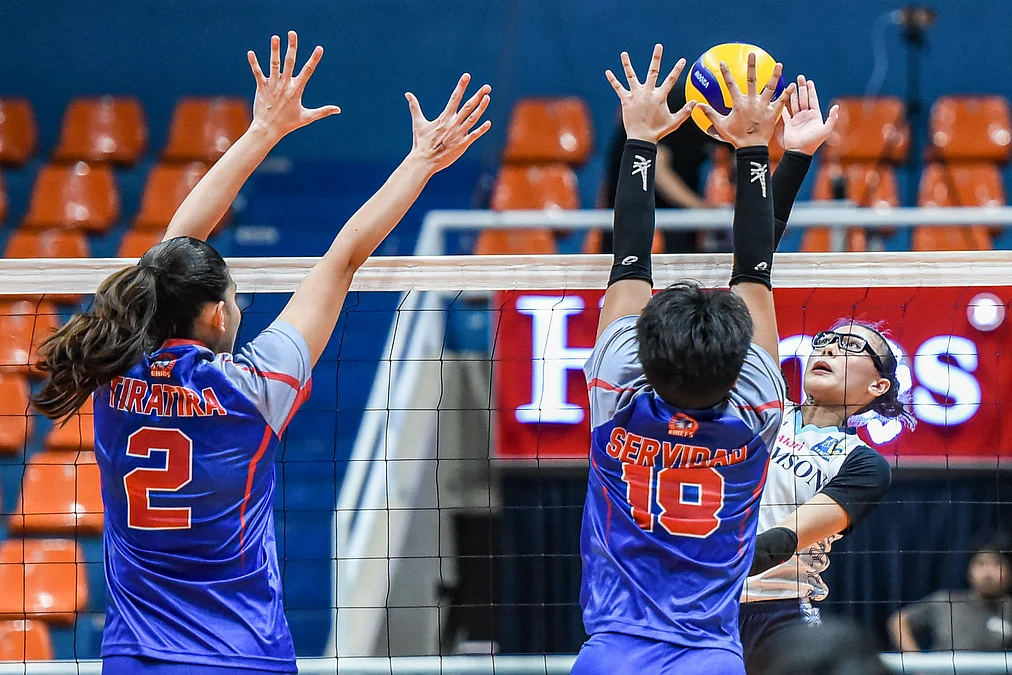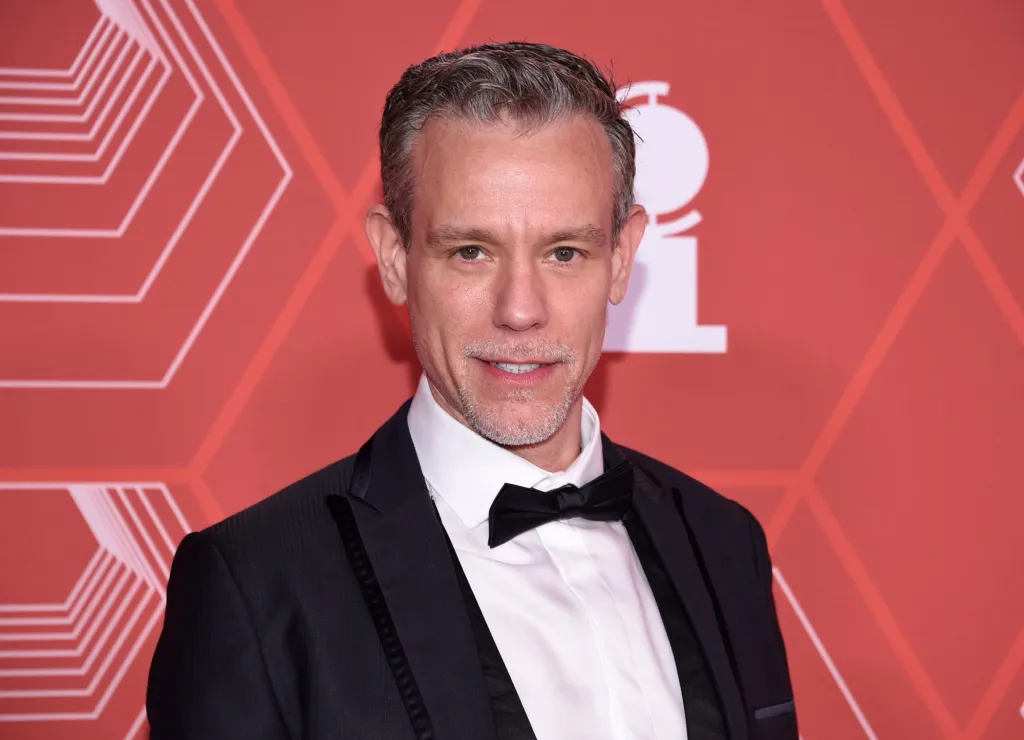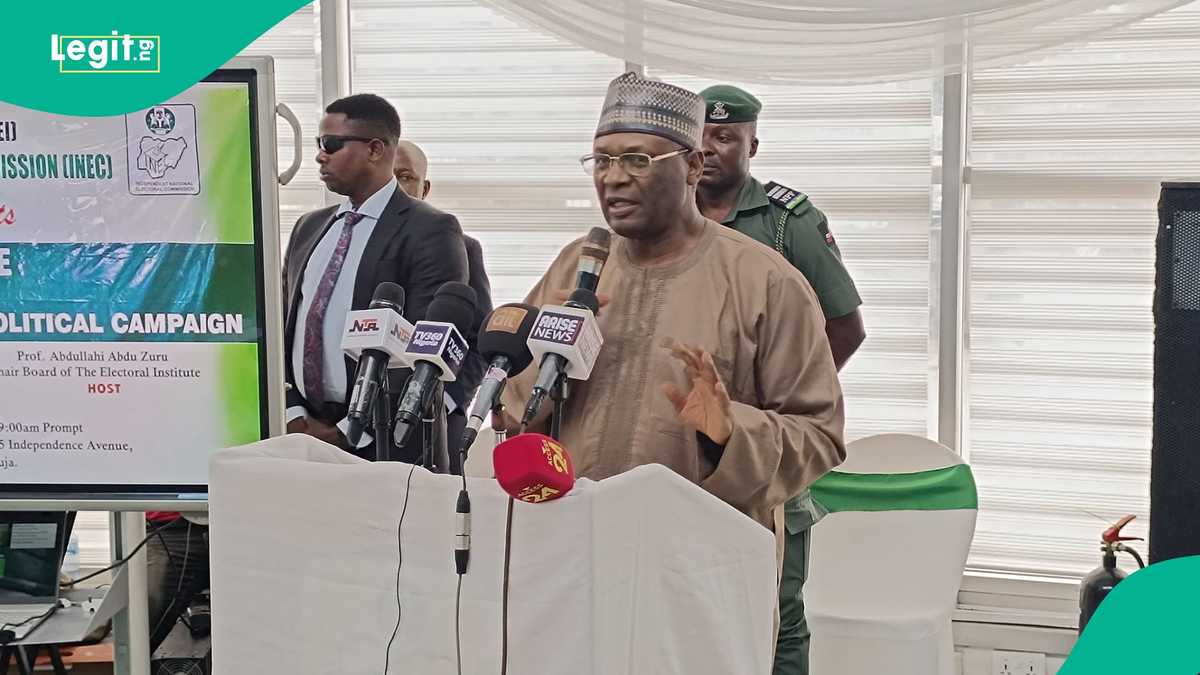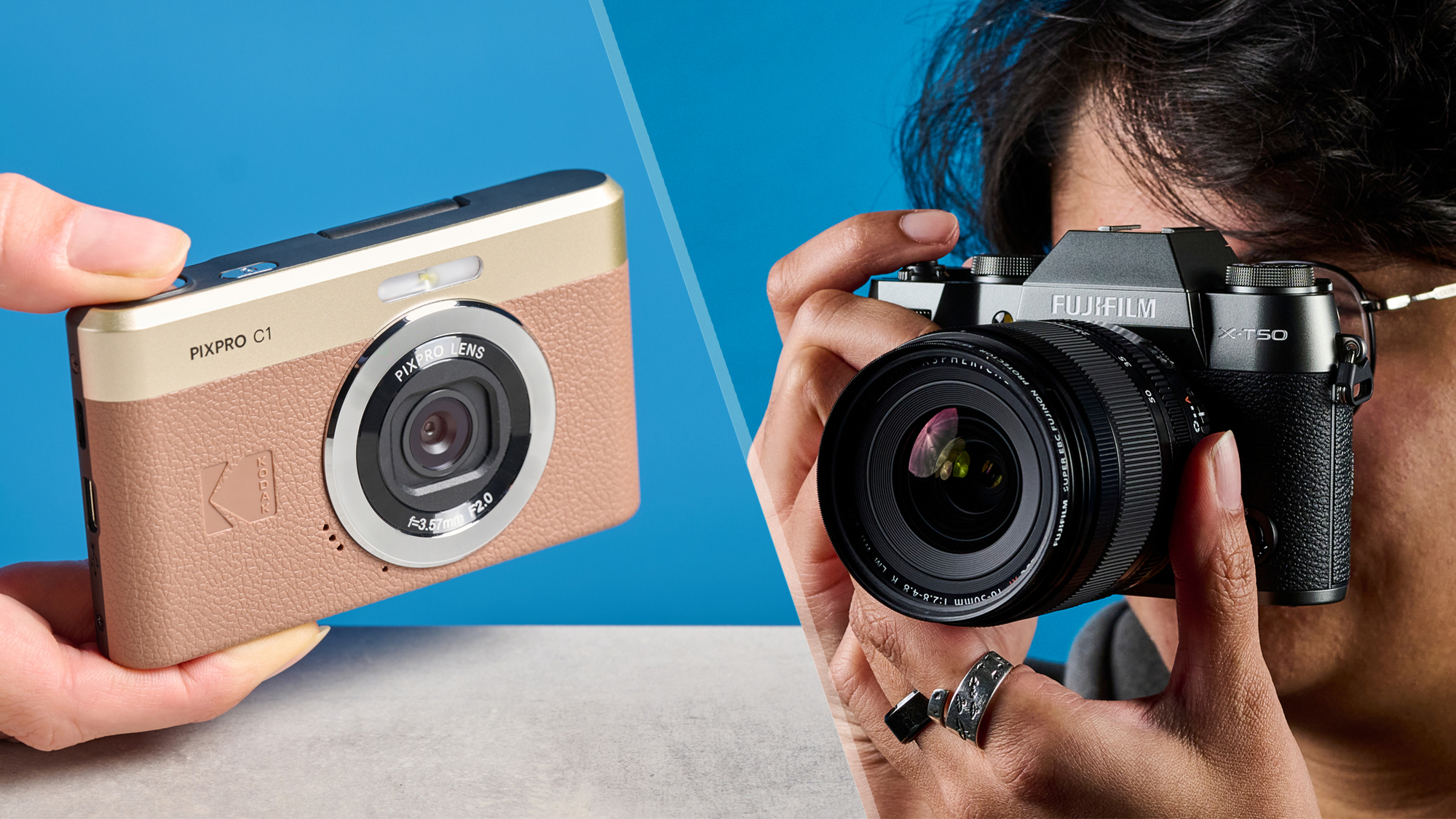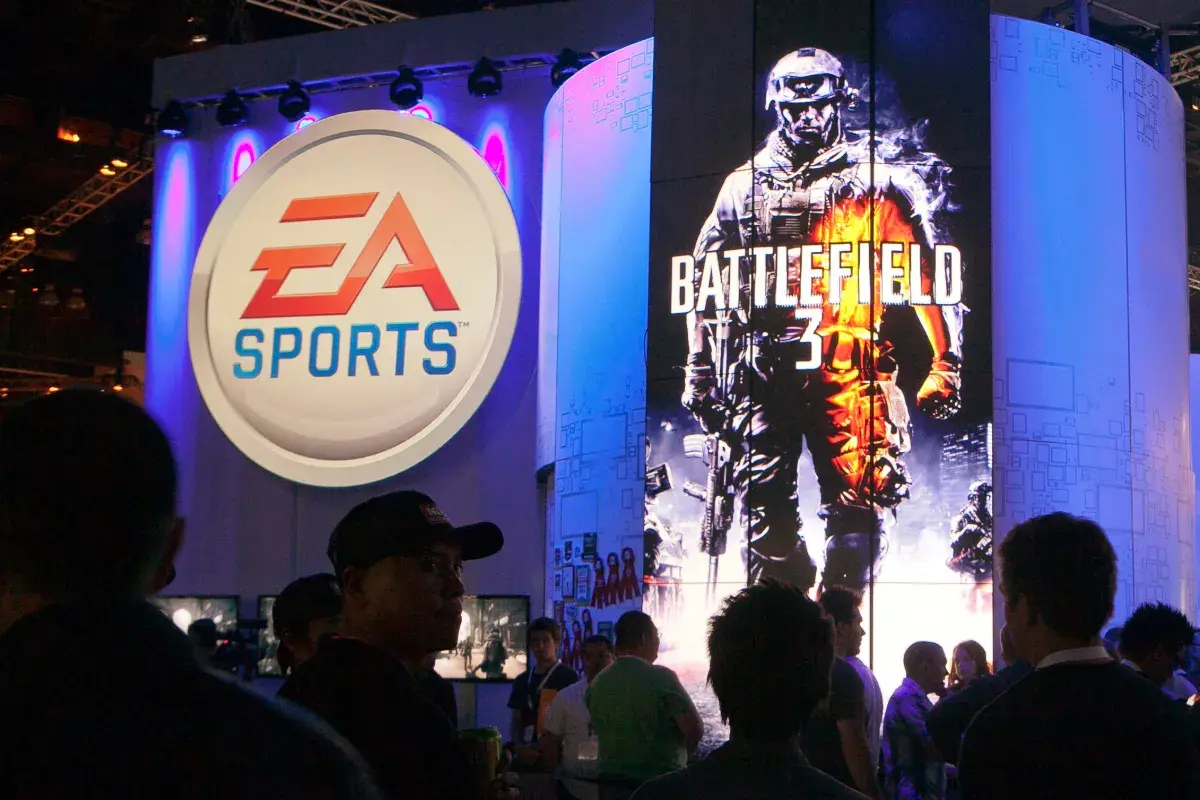
Electronic Arts, one of the world’s largest video game publishers, is to be taken over in a record-breaking $55 billion deal led by Saudi Arabia’s Public Investment Fund (PIF) in a transaction also involving Jared Kushner’s private equity firm Affinity Partners.
The unprecedented acquisition—the largest leveraged buyout of a publicly traded company in history—has also prompted criticism that Saudi Arabia is extending its strategy of sportswashing into the global gaming industry.
Newsweek has reached out Elctronic Arts and Saudi Arabia’s Foreign Ministry for comment.
Why It Matters
Saudi Arabia’s control of EA marks a significant shift in its campaign to improve its global image. While investments in football, golf, and combat sports have grabbed headlines, gaming represents a far larger cultural arena—bigger than film and music combined.
By owning the publisher behind titles like FIFA, Madden NFL, The Sims, and Battlefield, and investing billions in esports, the kingdom is not just diversifying its economy, it is also embedding itself in the daily digital lives of a global generation, making gaming its most powerful soft power tool yet.
What To Know
EA is one of the most profitable publishers in the global gaming industry, with longstanding franchises that generate billions of dollars annually. Its sports titles alone, particularly soccer and American football simulations, dominate the market. The takeover would give Saudi Arabia direct control over some of the most widely played video games in the world.
Its $55 billion price tag is eye-catching, but so is the involvement of Affinity Partners, the private equity fund founded by Kushner, President Donald Trump’s son-in-law.
PIF has committed to spending $38 billion in the gaming sector by 2030. In addition to stakes in Nintendo, Take-Two Interactive, and Activision Blizzard, it recently acquired the gaming division of Niantic, creator of Pokémon Go.
Riyadh, meanwhile, has also positioned itself as a hub for esports by hosting the Esports World Cup and securing the Olympic Esports Games for 2027. In 2034, it will host the FIFA World Cup—a major coup for its sport credentials.
E-Sportswashing
James Montague, author of Engulfed: How Saudi Arabia Bought Sport, and the World, told Newsweek that the scale of the kingdom’s gaming push outpaces nearly all of its other sports ventures. “They’ve spent enormous amounts of money in this space—more than in almost all of their other sports investments combined,” he said.
The size of the EA acquisition has intensified accusations of gameswashing—using video games to polish Saudi Arabia’s international image.
Montague pointed to demographics as a key factor. “The country has a very young, very online population. Gaming is hugely popular, and of all the sports Crown Prince Mohammed bin Salman has invested in, gaming is the one that resonates most personally,” he said. The crown prince is known to be a gamer himself, making this both an economic and personal project.
He also highlighted how unavoidable Saudi influence has become. “You can’t survive if you don’t go to the events in Saudi Arabia and invest there,” Montague said, citing the position of major esports organizations. That dependence, critics argue, turns the industry into a powerful vehicle for image management.
The Financial Times newspaper reported that Kushner’s involvement was central in shaping the deal and could help ease the regulatory process in the U.S. The New York Times said the takeover aligns with Riyadh’s Vision 2030 plan to reduce reliance on oil. Montague added that the EA acquisition shows how deeply Saudi influence is embedded in global gaming. “Saudi Arabia is now dominating the global gaming space,” he said.
FIFA Comeback
He also raised questions about the future of EA’s flagship soccer franchise, which rebranded from FIFA to EA Sports FC in 2022 after a licensing dispute that saw EA walk away from the steep demands of the world governing body for soccer.
Despite the split, EA’s new brand has remained hugely successful. Montague noted that Saudi Arabia’s growing relationship with FIFA could alter that balance. “Given FIFA’s deepening relationship with Saudi Arabia—most notably awarding them the 2034 World Cup—it wouldn’t be surprising if the FIFA game brand made a comeback, with Saudi support playing a central role,” he said.
Such a move would not only revive FIFA’s presence in gaming but could also give Riyadh influence over one of the most popular digital sports franchises in the world.
What Happens Next
If U.S. regulators approve the deal, Saudi Arabia will gain unprecedented control over one of the world’s most lucrative entertainment sectors, heightening scrutiny of how the kingdom uses sports and gaming to expand its influence and rebrand its global image.
